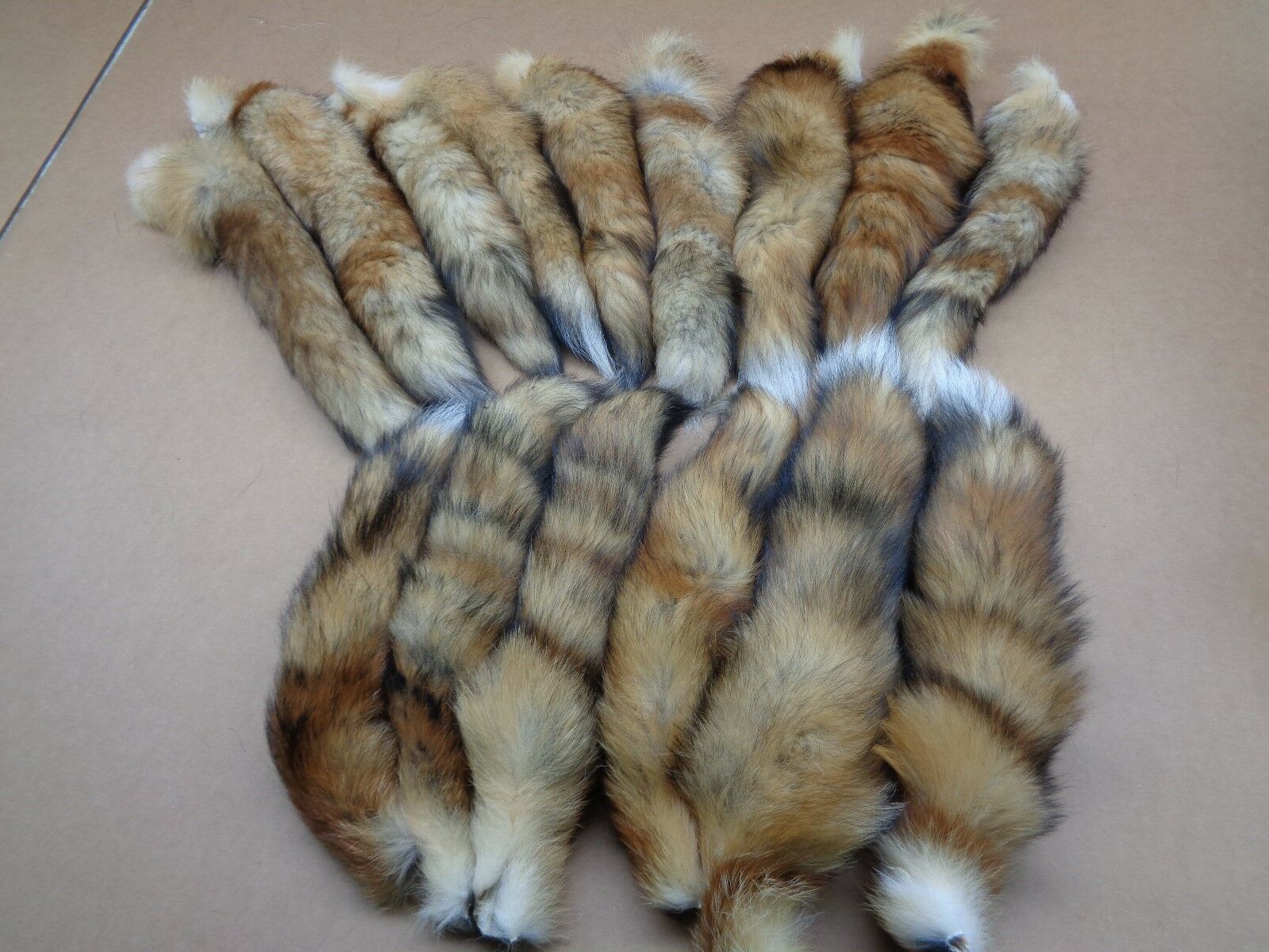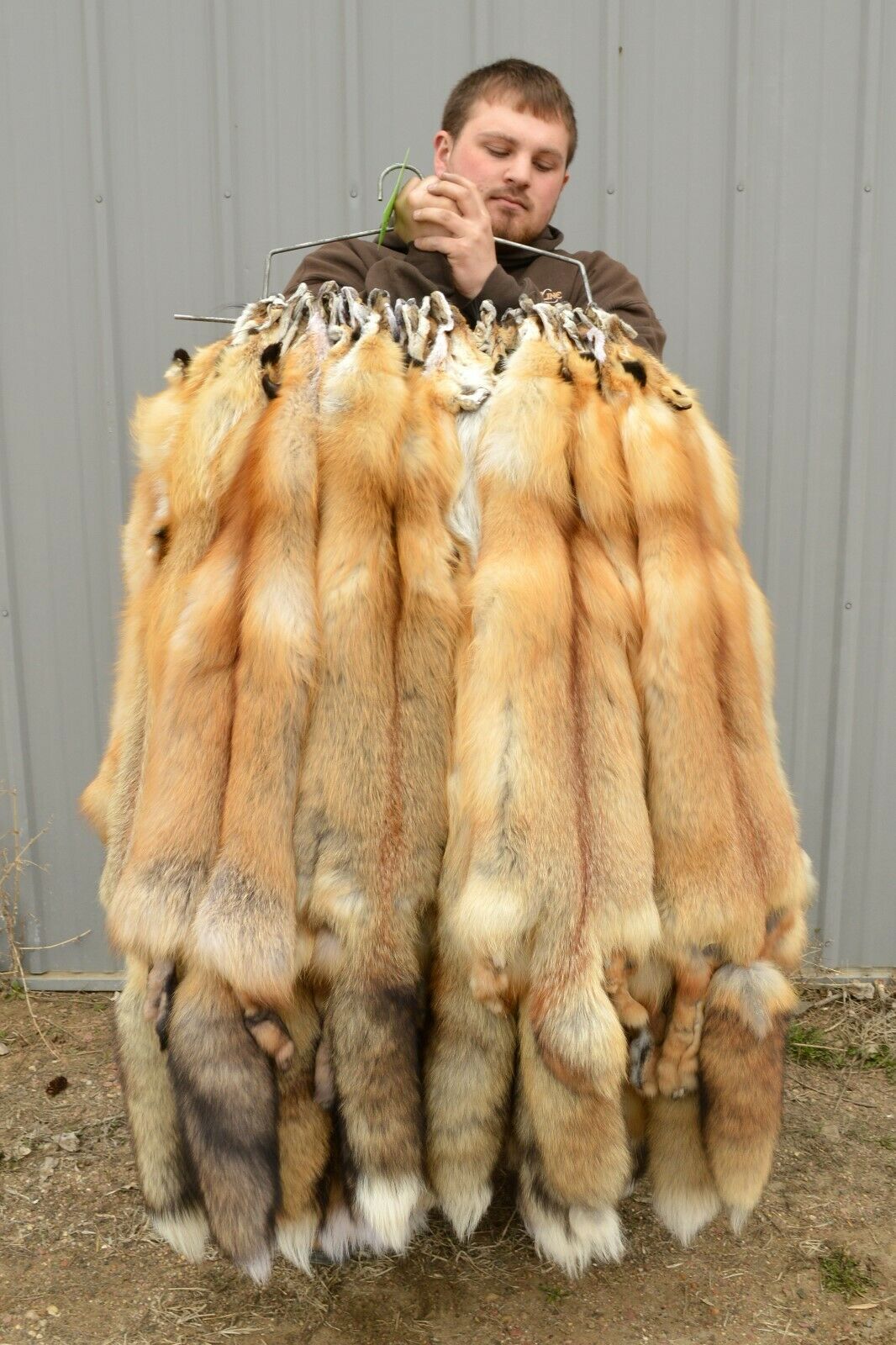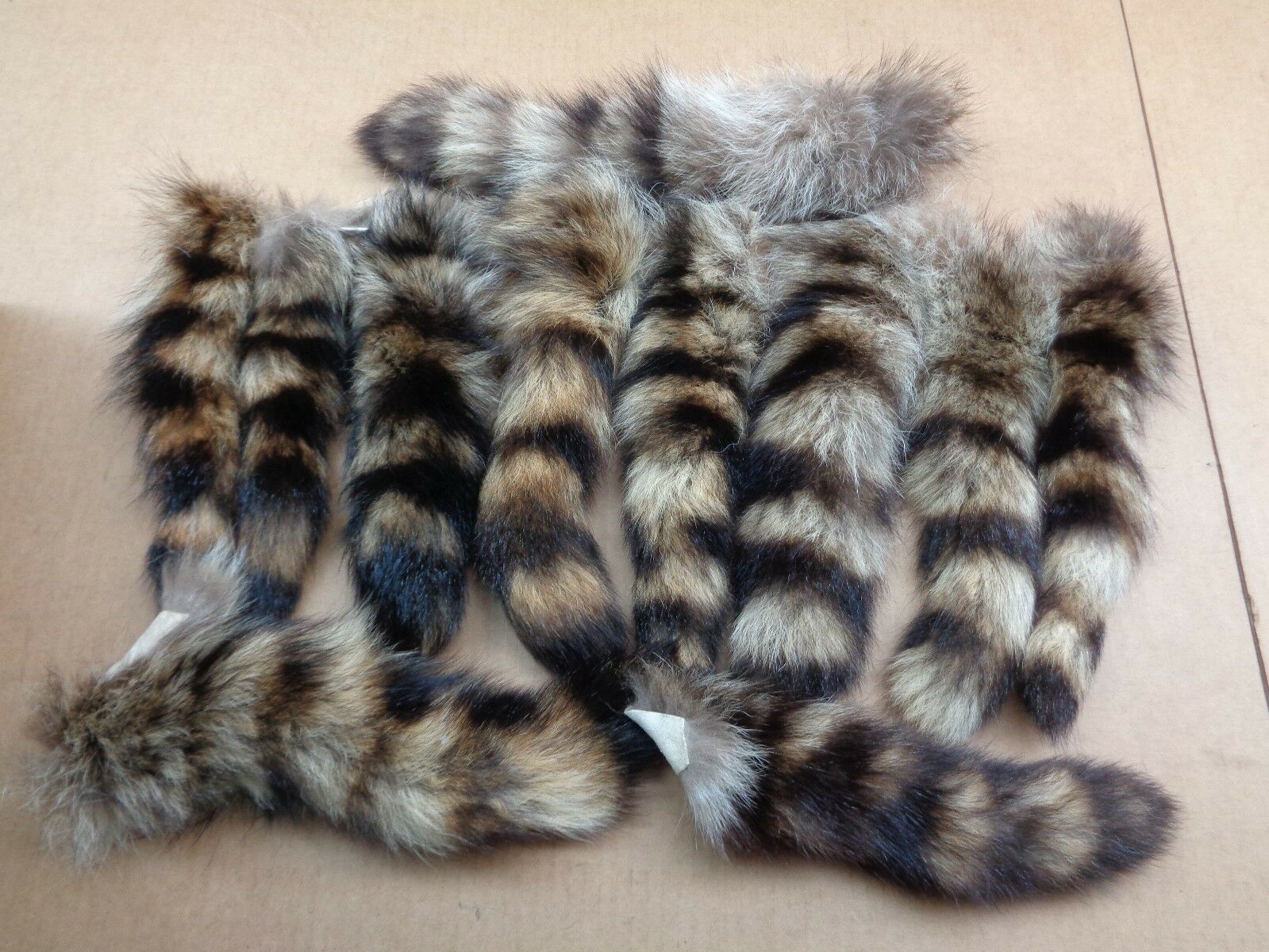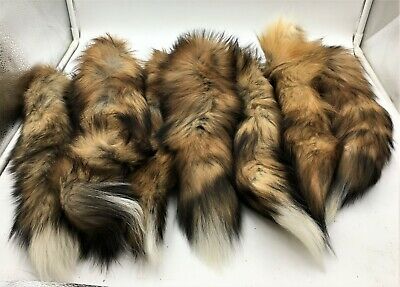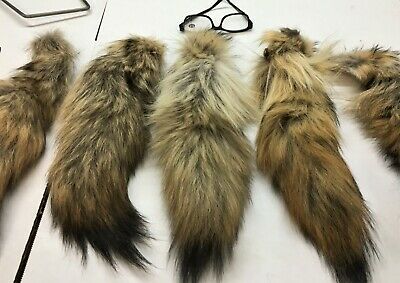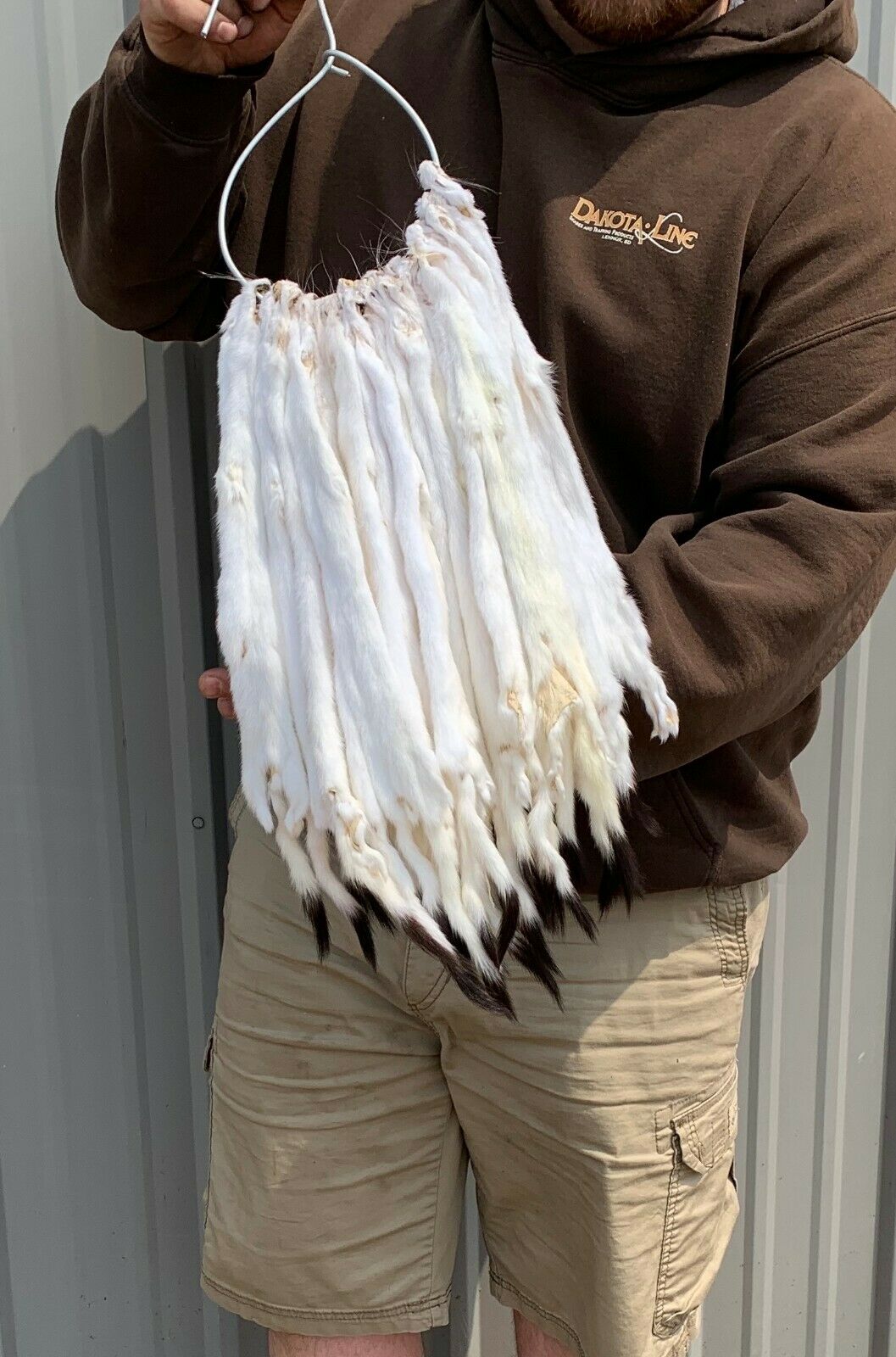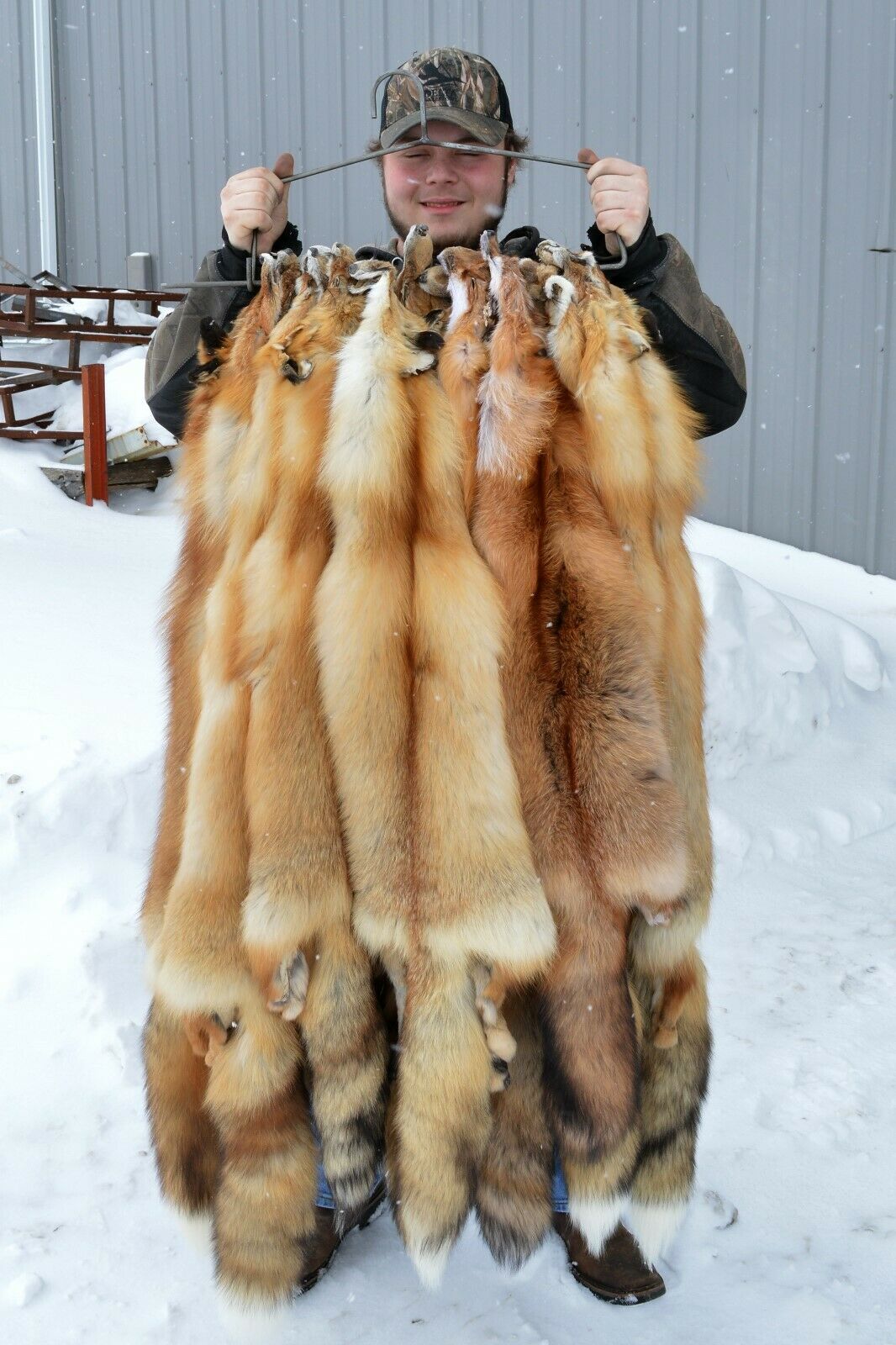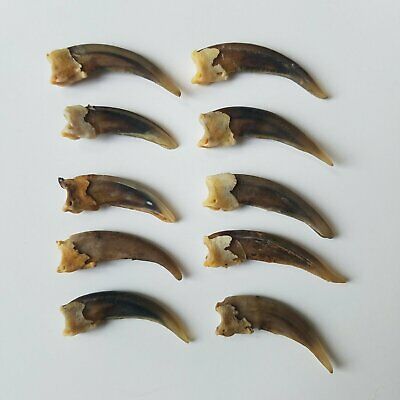-40%
G129b Taxidermy Soft Shell Turtle skull & back Floating Oddities Curiosities
$ 23.75
- Description
- Size Guide
Description
PLEASE NOTE: THE PICTURES SHOWN ARE AN EXAMPLE OF WHAT YOU WILL BE RECEIVING~This listing is for one display only. These are shipped at random.g129b #10 You will be receiving a skeletal shell of a soft shell turtle as well as the top portion of the skull in this nice floating display . This would be a great addition to any collection or a great starter piece!
Framed Display Approx. Dimensions: 8 x 7 x 2"
This is nicely showcased in a shadowbox type frame that suspends him in a clear elasticity film so both sides may be viewed unobstructed and also gives the specimen the
illusion of "floating"!
This can be opened but I advise against it as the specimens or the elasticity strip usually are damaged when you open the display. If the film in your display starts to stick together or gets some bubbles in it you can open the case very slowly so the film releases from both side and close again very slowly and the problem should be resolved. If the film gets touched are is in a hot area this can happen but it is a very easy fix also s
ometimes in shipping the specimen can shift a little in the display. If this happens please contact us and we will direct you on a quick and easy fix.
Once the display has been opened returns are no longer accepted.
HANGING DISPLAYS: The floating displays all have removable bases so if you would like, just a piece or two of Velcro or command strip will mount these right to your wall without a problem.
The case will keep him clean and safe for years to come!
Species and fun facts-Spiny soft shell- apalone spinifera
Apalone spinifera occupies areas from central-eastern U.S. (western New York and southern Carolina) to Wisconsin and from Minnesota and southern Ontario as far south as Mexico. The eastern spiny soft-shell turtle (A. spinifera spinifera) occupies the ranges from western New York to Wisconsin south to the Tennessee River, with a population in the lower part of Canada, by the Ottawa River. The Western spiny soft-shell (A. spinifera hartwegi) occupies territory that ranges from Minnesota to Arkansas west to south east Wyoming, eastern Colorado, and north eastern New Mexico, with a large population in the Missouri River drainage in Montana. The Gulf spiny soft-shell turtle (A. spinifera aspera) can be found from northern Carolina to Alabama and south to the northern tip of Florida. The Guadalupe subspecies (A. spinifera guadalupensis) can be found from south central Texas to the Colorado river system. The Pallid subspecies (A. spinifera pallida) can be found in western Louisiana to southern Oklahoma, and most of the northern and eastern parts of Texas. The Texas subspecies (A. spinifera emoryi) occupies the Rio Grande to the Pecos river drainages and south to Rio Purificacion, Tamaulipas and also from southwest new Mexico and south west Utah to the Gulf of California with an isolated population in eastern central Arizona (Conant and Collins 1998). (Conant and Collins, 1998)
Apalone spinifera occupies areas from central-eastern U.S. (western New York and southern Carolina) to Wisconsin and from Minnesota and southern Ontario as far south as Mexico. The eastern spiny soft-shell turtle (A. spinifera spinifera) occupies the ranges from western New York to Wisconsin south to the Tennessee River, with a population in the lower part of Canada, by the Ottawa River. The Western spiny soft-shell (A. spinifera hartwegi) occupies territory that ranges from Minnesota to Arkansas west to south east Wyoming, eastern Colorado, and north eastern New Mexico, with a large population in the Missouri River drainage in Montana. The Gulf spiny soft-shell turtle (A. spinifera aspera) can be found from northern Carolina to Alabama and south to the northern tip of Florida. The Guadalupe subspecies (A. spinifera guadalupensis) can be found from south central Texas to the Colorado river system. The Pallid subspecies (A. spinifera pallida) can be found in western Louisiana to southern Oklahoma, and most of the northern and eastern parts of Texas. The Texas subspecies (A. spinifera emoryi) occupies the Rio Grande to the Pecos river drainages and south to Rio Purificacion, Tamaulipas and also from southwest new Mexico and south west Utah to the Gulf of California with an isolated population in eastern central Arizona (Conant and Collins 1998). (Conant and Collins, 1998)Apalone spinifera occupies areas from central-eastern U.S. (western New York and southern Carolina) to Wisconsin and from Minnesota and southern Ontario as far south as Mexico. The eastern spiny soft-shell turtle (A. spinifera spinifera) occupies the ranges from western New York to Wisconsin south to the Tennessee River, with a population in the lower part of Canada, by the Ottawa River. The Western spiny soft-shell (A. spinifera hartwegi) occupies territory that ranges from Minnesota to Arkansas west to south east Wyoming, eastern Colorado, and north eastern New Mexico, with a large population in the Missouri River drainage in Montana. The Gulf spiny soft-shell turtle (A. spinifera aspera) can be found from northern Carolina to Alabama and south to the northern tip of Florida. The Guadalupe subspecies (A. spinifera guadalupensis) can be found from south central Texas to the Colorado river system. The Pallid subspecies (A. spinifera pallida) can be found in western Louisiana to southern Oklahoma, and most of the northern and eastern parts of Texas. The Texas subspecies (A. spinifera emoryi) occupies the Rio Grande to the Pecos river drainages and south to Rio Purificacion, Tamaulipas and also from southwest new Mexico and south west Utah to the Gulf of California with an isolated population in eastern central Arizona (Conant and Collins 1998). (Conant and Collins, 1998)The spiny softshell can be found in bodies of fresh water including ponds, lakes, rivers, tributaries, and streams. They inhabit shallow water (less than 1 m deep), but can also be found as far as 10 m deep. They can be found in areas with varying levels of vegetation, and although they are generally found in more slow-moving waters, this species can be found in fast-moving waters than other, less-aquatic species of turtles. Spiny softshells prefer waters with sandy bottoms and clean, sandy banks. Sandy environments are important for nesting sites, proper juvenile growth and development, and camouflage. Spiny softshells migrate between warm and cold seasons. In each season, turtles generally stay in a single zone, and they move more within their zone during warm months
Check us out!
Please check out our other displays, they make wonderful Christmas, Birthday, Anniversary and some even Man Cave displays!
We also specialize in Antique Victorian Style Domes and displays as well as many other mostly handmade wonderful and unique items and displays!
If you purchase a second item with your order and send us a message with the order that says "free gift", We will include a free gift with your order. All orders have to be for two different items or more to quailfy. Our way of saying Thank you for taking the time to look!
All displays will be carefully packed to the best of our ability to insure a safe and damage free arrival.
If free First class shipping is offered and chosen it does not include insurance. If you want your item insured in case of damage in shipping please choose Priority Mail, that includes 0. worth of insurance.
Returns are excepted, please contact us ASAP if you would like to return the item. Return shipping to be paid by buyer. Once the item is returned a refund will be issued minus a . restocking fee on each of these items ordered. There are no refunds on shipping charges.










